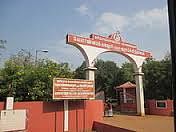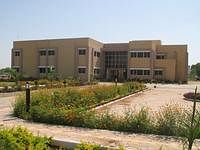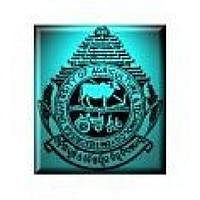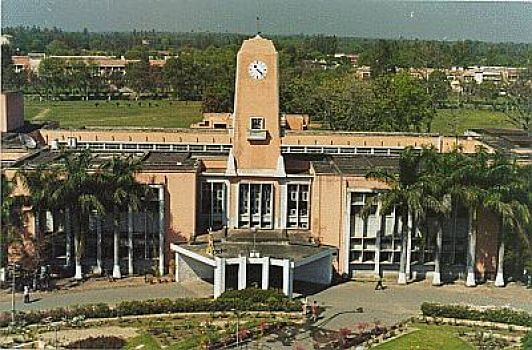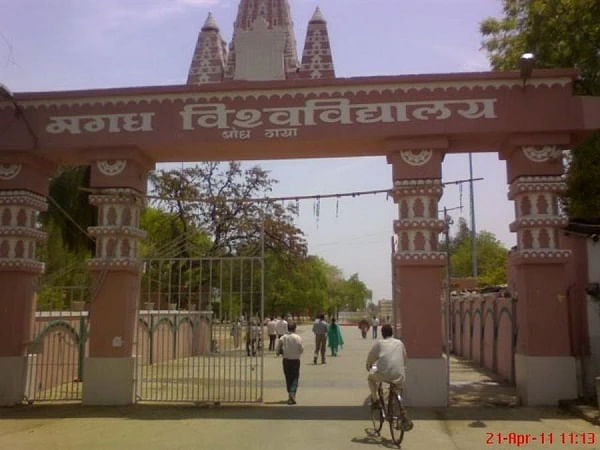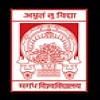B.Sc Pathology Syllabus and Subjects

B.Sc Pathology syllabus is divided into three years and consists of six semesters. B.Sc Pathology syllabus is designed to include both the theoretical and practical pathology concepts relevant to the medical field. The B.Sc Pathology course aims to prepare professionals with adequate skills for the industry. A few generic subjects included in the course are Biochemistry, Molecular Biology, Experimental Pathology, etc.
Semester Wise B.Sc Pathology Syllabus
|
Semester I |
Semester II |
Biology(Life's Machine) |
Chemistry 1 |
|
Biochemistry and molecular biology |
Biology(Life' complexity) |
|
Chemistry 2 |
Exploring human disease |
|
Semester III |
Semester IV |
|
Mechanism of human disease |
Techniques for investigation of disease |
|
Frontiers in human disease |
Advanced investigation of human disease |
|
Mechanism of human disease |
Techniques for investigation of disease |
|
Semester V |
Semester VI |
|
Frontiers in human disease |
Advanced investigation of human disease |
|
Biomedical science research project |
Project and viva voice |
|
Practical Clinical Endocrinology & Toxicology |
Practical Advanced Diagnostic Techniques |
B.Sc Pathology Subjects
The syllabus of B.Sc Pathology focuses on learning about the causes and effects of various diseases. It is curated to give insights into all-important investigative research techniques that students need to learn to build a career in this path. There are, in total, six semesters in the course. Students study both core and elective subjects to make the course more flexible. Below is a list of some core subjects that students are taught during their B.Sc Pathology course:
- Biochemistry and Molecular Biology
- Experimental pathology
- Mechanism of human disease
- Techniques for investigation of disease
- Frontiers in human disease
- An advanced investigation of human disease
B.Sc Pathology Course Structure
In general, a B.Sc Pathology course is structured in a core and elective subject pattern. The course is divided into six semesters which includes pathology related introductory subjects in the first year. The course focuses on testing techniques for diagnosis of diseases in the human body. The aspirants can choose electives based on their specialization and areas of interest. The course structure is:
- VI Semesters
- Core and Elective subjects
- Project Submission
- Laboratory Experiments
- Practical Studies
B.Sc Pathology Teaching Methodology and Techniques
B.Sc Pathology encompasses different teaching methods. Along with lecture-based training, the students are trained in a way to ensure an update of a student with the reality of the medical world. The teaching methodology is designed to provide professional education and training to all students in all aspects related to the medical science discipline. In short, the teaching methodology and techniques are:
- Group Projects
- Public Interaction Training
- Lectures
- Research and Clinical work
- Experiments
- Talks by invited speakers
- Laboratory Practicals
B.Sc Pathology Projects
B.Sc Pathology projects can be done on the different topics of medical sciences. Pathology is a wide stream and encompasses several specializations within it that students can choose from. A lot of topics are available for graduates to choose for project work. Projects enhance the skills and learning ability of the students. Some popular pathology projects are:
- Therapy for HIV Latency in the Nonhuman Primate Model for AIDS; Clinical Proteomics
- Redefine the classification of endometrial carcinomas
- Super-resolution microscopy of standard pathology specimens
- Advanced image-segmentation approaches to pathology diagnosis and quantitative assessments
B.Sc Pathology Reference Books
It is important for students to significantly invest in reference books for B.Sc in Pathology. Reference books are helpful to search the topics easily. To improve the problem-solving capacity and to practice in a thorough manner reference books are useful. Some pathology related reference books are:
|
Books |
Authors |
|
Textbook of Pathology |
Dr.Harsh Mohan |
|
Rubin’s Pathology |
David S. Strayer |
|
Textbook of Oral Pathology |
Anil Govindrao Ghom, Shubhangi Mhaske |
|
Rosai and Ackerman’s Surgical Pathology Review |
Ivan Damjanov, Marin Nola |
|
Robbins and Cotran’s Pathologic Basis of Disease |
Kumar, Abbas, Fausto |




